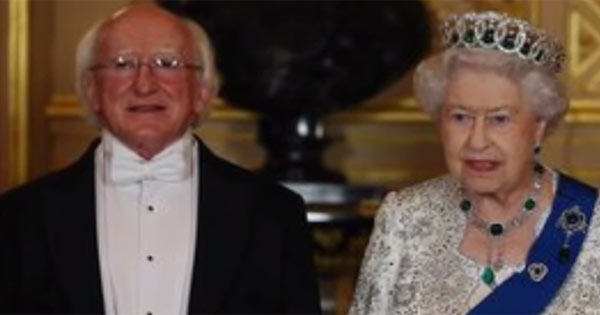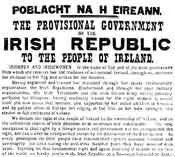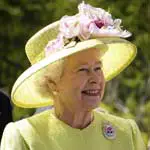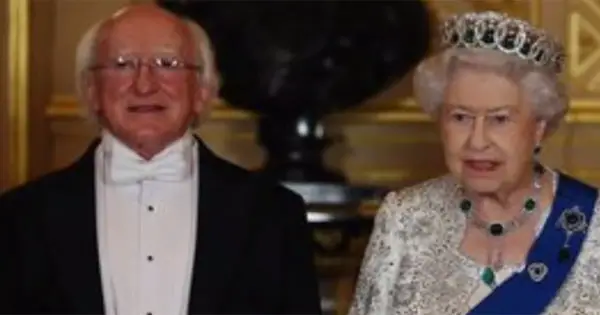A leading Irish historian has expressed concern that Ireland’s current friendship with Britain may curtail the centenary celebrations of the Easter Rising.

There has been an increased concern by some groups in Ireland that the memories of the men and women who fought for their country nearly a hundred years ago, will not be properly honoured because of Ireland’s current strong relationship with Britain.
Dr Brian P Murphy, a leading author on Irish history, was speaking at the annual Liam Lynch Commemoration Ceremony in Fermoy, County Cork (Lynch was an Irish nationalist soldier who died fighting for the Free State Army in the Civil War). Dr Murphy warned that Ireland must not be afraid to celebrate their past and the current bond between Ireland and Britain is not reason to forget the sacrifices made by the Irish nationalists of the early 20th century.
Dr Murphy is a regular speaker on matters regarding Irish history. He is the author of ‘Patrick Pearse and the Lost Republican Ideal’ and ‘The Origins and Organisation of British Propaganda in Ireland’.
The 100 year centenary of the Easter Rising will take place in less than two years’ time. It was one of the key events in Irish history.

On the 24th April 1916, a group of Irish nationalists seized the General Post Office in Dublin and several other city strongholds. They declared Ireland an independent republic, with Pádraic Pearse reading aloud the Proclamation of Independence.
It took five days of fighting before the Irish rebels reluctantly surrendered to the superior resources of the British Army. More than 1,500 were imprisoned, and 15 of the leaders were executed by firing squad.
Ireland has since gained full independence from Britain, and the relationship between the two countries is now as strong as it has ever been.
Queen Elizabeth II visited Ireland in 2011
Queen Elizabeth II visited Ireland in 2011, the first visit by a British monarch since the country had become an independent republic. She bowed her head at the Garden of Remembrance in Dublin and conceded that: “It would have been better if some action in the past had been done differently, or maybe not at all.”
The admission was welcomed by the Irish public, and given the queen’s position, it was the closest thing Ireland would ever get in regards of an apology from Britain.

During their terms as Irish President, Mary Robinson and Mary McAleese were both invited by the queen to attend ceremonies in Britain.
Most citizens from both sides of the Irish Sea have welcomed the improved relationship between the two nations.
However, Dr P Murphy has urged the Ireland not to let this get in the way of properly honouring those that fought and died for the freedom of their country. The Easter Rising was possibly the most important event in Ireland’s history.
He said: “These developments provide a clear indication that a final refining and resolving of Ireland’s relationship with England may well be resolve by peaceful means if the political will is there.” He went on to stress though that the history and facts of Ireland’s struggle must be remembered fully, and not portrayed in “a less than authentic manner”.
Dr Murphy’s views echoed President Michael Higgins’ recent comment that the “improved Anglo Irish relations should not lead to amnesia about the past”.
easter-rising.html
